Everyone taking prescription medications should be aware of essential safety practices. Here are six tips to help ensure you are taking your medicine correctly and safely:
1. Maintain a Comprehensive Medication List
Keep an up-to-date list of everything you take, and share it with every healthcare provider you see (doctors, specialists, dentists, and pharmacists).
- Include: All prescription drugs, over-the-counter (OTC) medications, vitamins, herbs, and dietary supplements.
- Detail: The name, dosage, how often you take it, and the reason it was prescribed.
- Why it matters: This is the most crucial step to prevent dangerous drug-to-drug interactions, to ensure you don't accidentally overdose on two products with the same active ingredient, and to help your doctor avoid prescribing medicine you shouldn't take.
2. Know the "Five W's" of Each New Drug
Before you leave the doctor's office or the pharmacy, make sure you know the following for every new prescription:
- What is the name of the drug and what is it for?
- When should I take it (e.g., morning, night, with food, on an empty stomach)?
- What are the most common side effects, and when should I call the doctor?
- What foods, drinks (like alcohol or grapefruit juice), or other medications should I avoid?
- Why am I taking this (What is the goal of the therapy)?
3. Take Your Medication Exactly as Prescribed
Consistency is key to the drug's effectiveness and your safety.
- Follow Directions: Take the exact dose at the exact time(s) specified. Do not skip doses, and never take a larger dose because you think it will work faster.
- Do Not Stop Early: Finish the full course of a prescription (especially antibiotics), even if you start to feel better. Never stop taking a maintenance drug on your own; always consult your doctor first.
- Ask Before Modifying: Do not crush, cut, or chew tablets unless your pharmacist or doctor specifically says it is safe, as this can affect how the drug is absorbed or release the medicine too quickly.
4. Use a Single Pharmacy
Whenever possible, fill all your prescriptions at the same pharmacy.
- Interaction Check: This allows your pharmacist—who is a medication expert—to have a complete and centralized record of your profile and automatically check for potential drug interactions or dosage conflicts.
- Ask Questions: Your pharmacist is your best resource for practical advice on when and how to take a medication and what common side effects to expect.
5. Store and Dispose of Medication Safely
Improper storage can ruin the drug's effectiveness, and improper disposal can lead to danger.
- Storage: Keep most medications in a cool, dry place, away from heat and direct sunlight. The bathroom medicine cabinet is often too humid for proper storage.
- Security: Always store medications, especially controlled substances and pain relievers, in a secure place out of reach and out of sight of children, pets, and visitors.
- Disposal: Never flush medicine down the toilet or throw it in the trash unless the label specifically instructs you to. Find a drug take-back program or a community disposal site (often at local police departments or pharmacies) for safe disposal of unused or expired drugs.
6. Never Share or Borrow Prescription Medication
Medications are prescribed based on an individual's specific medical condition, weight, allergies, and other concurrent medications.
- For You Only: Never take medicine prescribed to another person, even if you have the same symptoms. What is helpful for one person could be dangerous or deadly for another.
- Do Not Share: Never give your prescription to a family member or friend. If you have unused medication, dispose of it safely.
Prosper and be in health.
* * *
William Garst is a consultant pharmacist who lives in Alachua, Florida. He is semi-retired and works part time at Lake Butler Hospital in Lake Butler, Florida. William received his pharmacy degree at Auburn University and a Doctor of Pharmacy from Colorado University. The Pharmacy Newsletter is a blog where you can find other informative columns. He may be contacted at garstcph@gmail.com.
# # #
Email editor@
alachuatoday.com
 Everyone taking prescription medications should be aware of essential safety practices. Here are six tips to help ensure you are taking your medicine correctly and safely:
Everyone taking prescription medications should be aware of essential safety practices. Here are six tips to help ensure you are taking your medicine correctly and safely:
1. Maintain a Comprehensive Medication List
Keep an up-to-date list of everything you take, and share it with every healthcare provider you see (doctors, specialists, dentists, and pharmacists).
- Include: All prescription drugs, over-the-counter (OTC) medications, vitamins, herbs, and dietary supplements.
- Detail: The name, dosage, how often you take it, and the reason it was prescribed.
- Why it matters: This is the most crucial step to prevent dangerous drug-to-drug interactions, to ensure you don't accidentally overdose on two products with the same active ingredient, and to help your doctor avoid prescribing medicine you shouldn't take.
2. Know the "Five W's" of Each New Drug
Before you leave the doctor's office or the pharmacy, make sure you know the following for every new prescription:
- What is the name of the drug and what is it for?
- When should I take it (e.g., morning, night, with food, on an empty stomach)?
- What are the most common side effects, and when should I call the doctor?
- What foods, drinks (like alcohol or grapefruit juice), or other medications should I avoid?
- Why am I taking this (What is the goal of the therapy)?
3. Take Your Medication Exactly as Prescribed
Consistency is key to the drug's effectiveness and your safety.
- Follow Directions: Take the exact dose at the exact time(s) specified. Do not skip doses, and never take a larger dose because you think it will work faster.
- Do Not Stop Early: Finish the full course of a prescription (especially antibiotics), even if you start to feel better. Never stop taking a maintenance drug on your own; always consult your doctor first.
- Ask Before Modifying: Do not crush, cut, or chew tablets unless your pharmacist or doctor specifically says it is safe, as this can affect how the drug is absorbed or release the medicine too quickly.
4. Use a Single Pharmacy
Whenever possible, fill all your prescriptions at the same pharmacy.
- Interaction Check: This allows your pharmacist—who is a medication expert—to have a complete and centralized record of your profile and automatically check for potential drug interactions or dosage conflicts.
- Ask Questions: Your pharmacist is your best resource for practical advice on when and how to take a medication and what common side effects to expect.
5. Store and Dispose of Medication Safely
Improper storage can ruin the drug's effectiveness, and improper disposal can lead to danger.
- Storage: Keep most medications in a cool, dry place, away from heat and direct sunlight. The bathroom medicine cabinet is often too humid for proper storage.
- Security: Always store medications, especially controlled substances and pain relievers, in a secure place out of reach and out of sight of children, pets, and visitors.
- Disposal: Never flush medicine down the toilet or throw it in the trash unless the label specifically instructs you to. Find a drug take-back program or a community disposal site (often at local police departments or pharmacies) for safe disposal of unused or expired drugs.
6. Never Share or Borrow Prescription Medication
Medications are prescribed based on an individual's specific medical condition, weight, allergies, and other concurrent medications.
- For You Only: Never take medicine prescribed to another person, even if you have the same symptoms. What is helpful for one person could be dangerous or deadly for another.
- Do Not Share: Never give your prescription to a family member or friend. If you have unused medication, dispose of it safely.
Prosper and be in health.
* * *
William Garst is a consultant pharmacist who lives in Alachua, Florida. He is semi-retired and works part time at Lake Butler Hospital in Lake Butler, Florida. William received his pharmacy degree at Auburn University and a Doctor of Pharmacy from Colorado University. The Pharmacy Newsletter is a blog where you can find other informative columns. He may be contacted at This email address is being protected from spambots. You need JavaScript enabled to view it..
# # #
Email editor@
alachuatoday.com


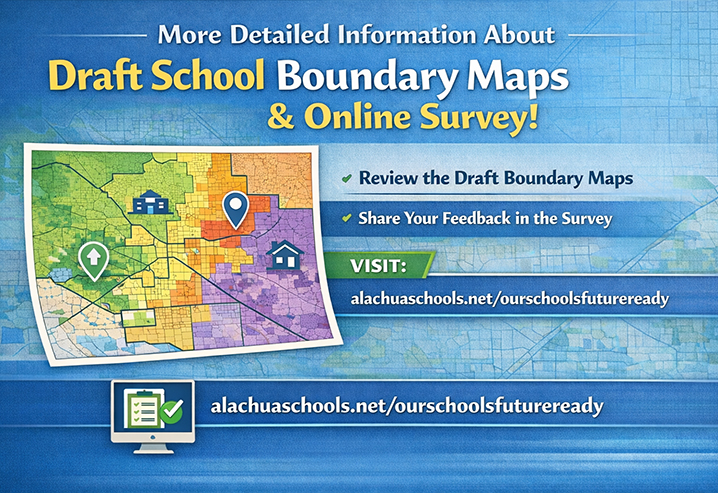


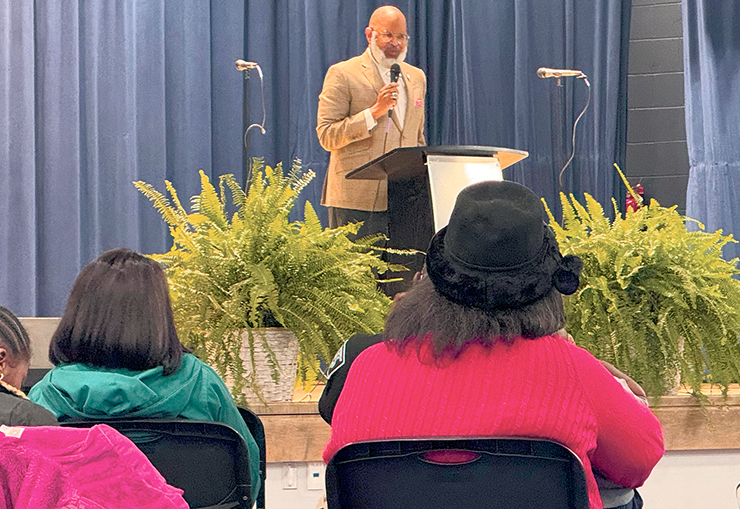




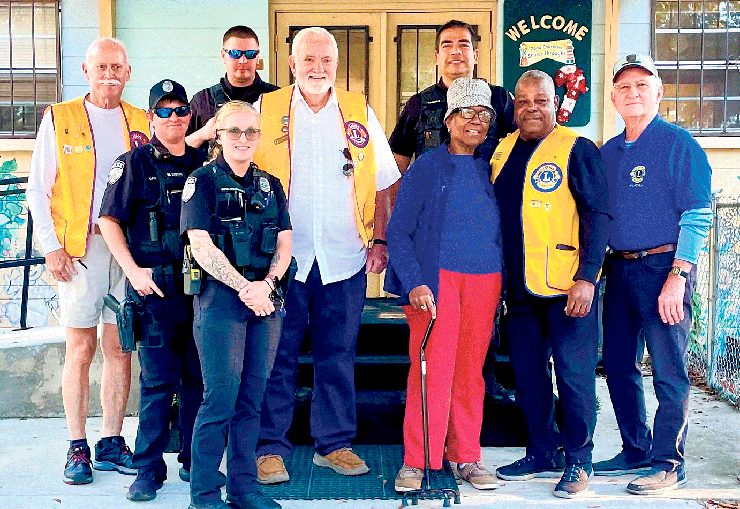
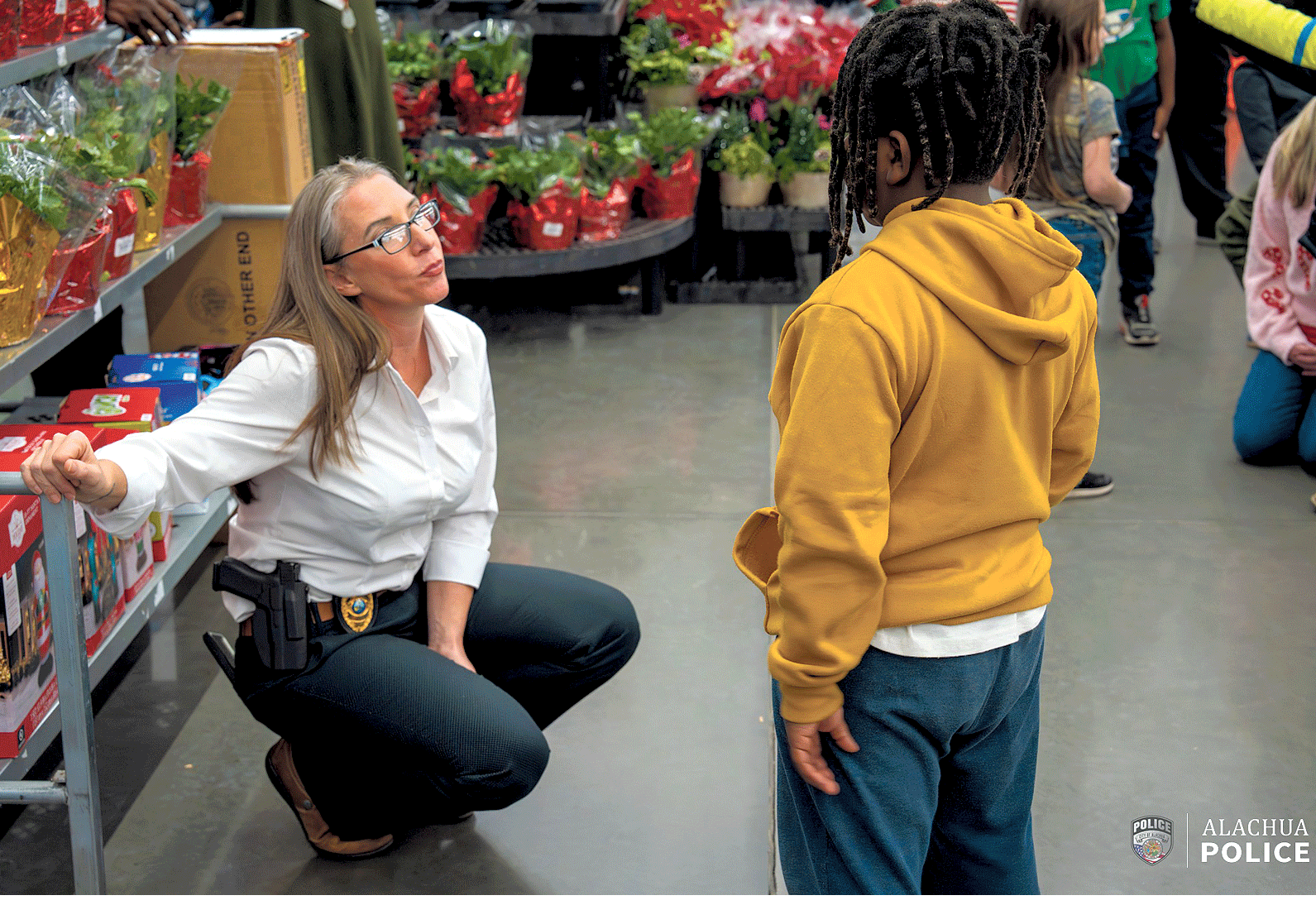


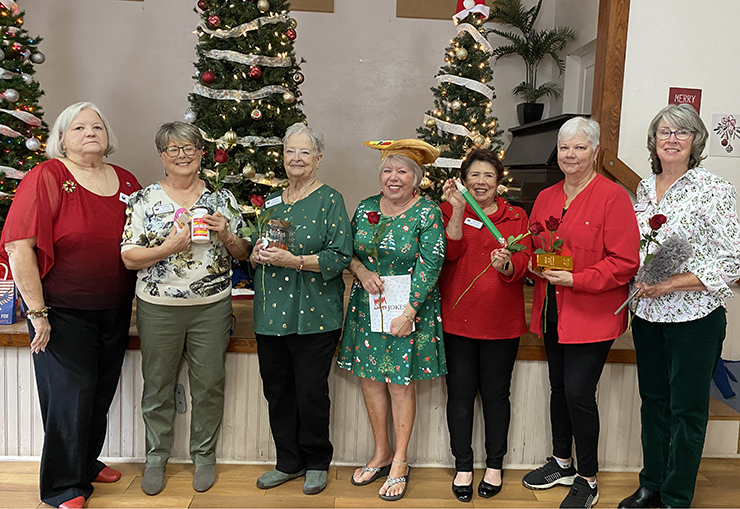
 Williams joined the department in 2023 and is currently assigned to the Criminal Investigations Division. In that role, she works alongside local law enforcement partners in the Internet Crimes Against Children (ICAC) Unit, where the department said her “dedication, expertise, and persistence help protect the most vulnerable members of our community.”
Williams joined the department in 2023 and is currently assigned to the Criminal Investigations Division. In that role, she works alongside local law enforcement partners in the Internet Crimes Against Children (ICAC) Unit, where the department said her “dedication, expertise, and persistence help protect the most vulnerable members of our community.”


